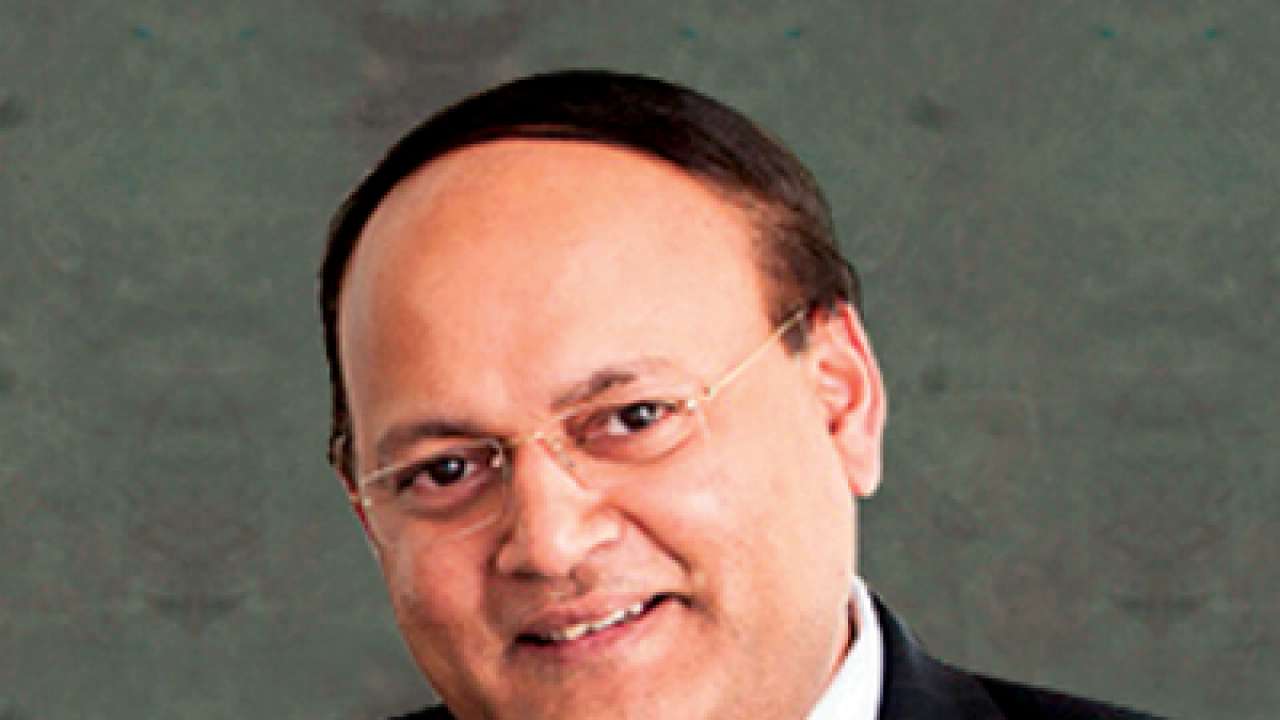
CDC in India is redefining its investing objectives and rationale. What are the things you would be looking at before taking exposure?
One way that connects our investments is that they all generate employment. That is a mission. Number two in our list of priorities before investing would be to invest in those areas which don't receive much investment. So, we would be looking at those states, say, in east, which don't receive private capital. Our aim is not to displace private capital. If states like Gujarat and Maharashtra are attracting lot of private capital there is no role for people like us there. The third mission is to introduce very strong, environmental, social responsibility and governance practices. The fourth objective is to ensure that our capital is accretive rather than substitutive. We try to make sure that we bring in incremental values to our investments, which can be brought in the form of long-term commercial capital, stronger global governance techniques and helping companies withstand some of the vagaries of businesses...
...and how exactly you bring in stability in businesses?
Take healthcare for example. One year you could have a disease like Chikungunya. Then revenues of the hospital spikes up. But your desire is not to have such diseases in the country nor do you want such unpredictability in revenues. For this, that particular healthcare facility needs to have specialisations, which can happen only over a period of years.
It means that CDC has a very hands-on involvement in companies you have exposure in?
No, we don't want to operate that way. We would get involved only in areas of strategic interest of the organisation, and certainly in areas where we add values like strengthening the management and the board. Areas where we would definitely get involved are in environmental, social responsibilities and corporate governance.
What were the things CDC was looking at when it picked up 4.8% stake in Ratnakar Bank in April?
We didn't come into Ratnakar Bank for the momentum play, something which a foreign institutional investor would do. We are a DFI and not a pre-IPO investor. Ratnakar is deeply focused on financial inclusion, agri-lending and loans to the small and medium scale sector. These are high impact areas that create jobs. We are now working closely with the bank in all these areas.
What is the typical exit period you would be looking at?
That would be case-to-case basis. We are long-term investors but its difficult to fix a universally acceptable exit period.
CDC has changed its stance from taking exposure in funds to investing in real projects. Why has that happened?
Because, we felt that by investing in funds alone wouldn't be fulfilling our developmental goals. But direct investing wouldn't replace my exposure in funds like IDFC's India Infrastructure Fund 2. We come in where we see a gap between the tenure of a fund and long-term developmental goal of an organisation.
In 2012, CDC committed to invest about $1 billion in India over the next 4-5 years, a major of which was supposed to come as direct investments. How far you have achieved that goal?
Our investments in funds are already in excess of $1 billion. In case of direct investments, we have infused $100 million and are also in talks with others for further investments.
The BJP government has come to power. Do you see government getting involved in creating investment opportunities?
The policy logjam is one thing the new government appears to be serious about in removing. Second is more clarity in regulations. Efforts shouldn't fall between the cracks. We are long-term investors in India. For us clarity in policy and regulations are important for the long-term. For our funds business, more exit opportunities would be really helpful.